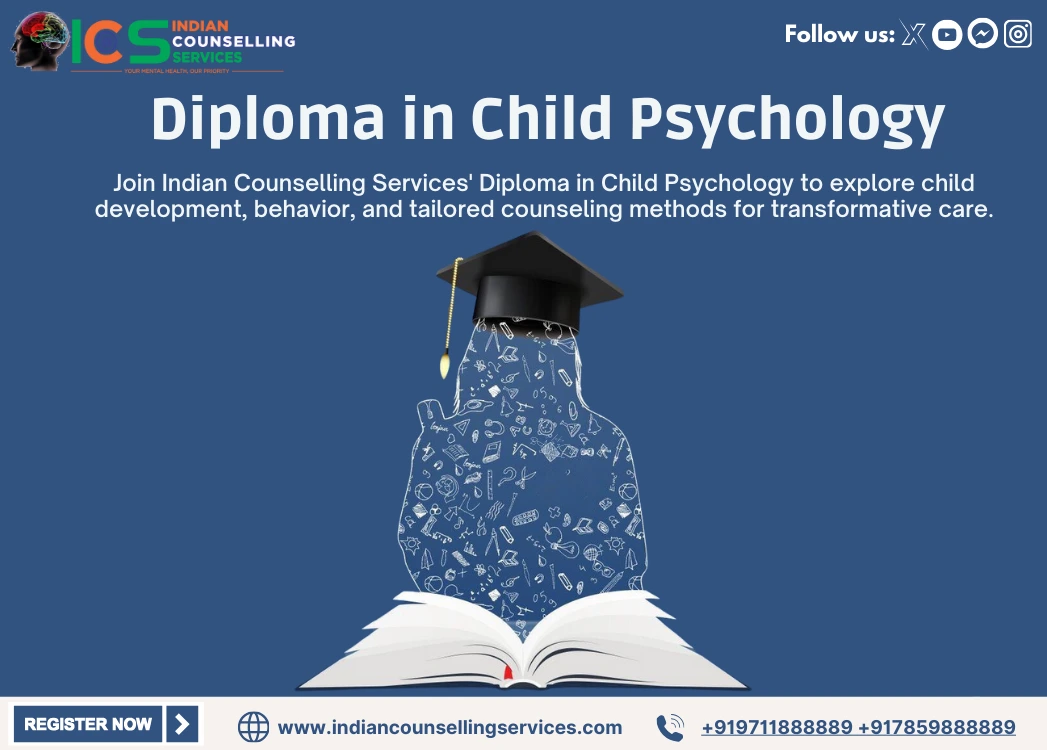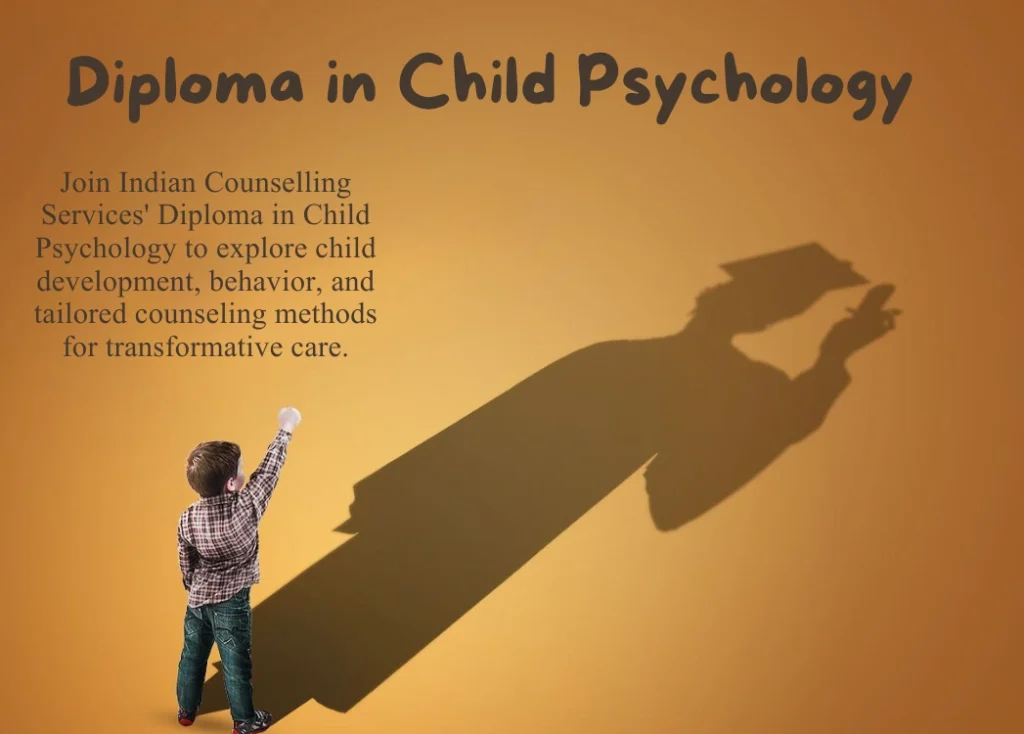
Is a Diploma in Child Psychology Right for You?
Are you intrigued by how children grow, think, and interact with the world? If so, pursuing a diploma in child psychology might be a meaningful step in your educational and professional journey. This qualification provides essential insights into childhood development and mental health, enabling you to support children as they navigate life’s challenges. But how do you know if this is the right choice for you? Let’s dive into what a diploma in child psychology entails, the opportunities it offers, and whether it aligns with your goals.
A diploma in child psychology is an academic program designed to explore how children develop emotionally, socially, and cognitively. It equips students with the skills to understand and address the psychological needs of children, whether in educational, clinical, or community settings.
Core areas of study typically include:
- Developmental Milestones: Understanding the stages of growth from infancy to adolescence.
- Cognitive and Emotional Development: Learning how children process emotions and acquire knowledge.
- Behavioral Challenges: Exploring strategies to manage and support children facing behavioral difficulties.
- Influences on Development: Examining the impact of family, culture, and environment on a child’s growth.
Most programs take one to two years to complete and often include practical training or case studies to provide hands-on experience.

A diploma in child psychology is ideal for individuals who are passionate about making a difference in children’s lives. Consider this path if:
1. You Enjoy Working with Children
If you find joy in interacting with children and feel motivated to understand their emotions and behaviors, this field could be a natural fit.
2. You’re Curious About Human Development
Do you wonder why children behave the way they do? Are you fascinated by how experiences and environments shape young minds? This diploma delves into these questions and more.
3. You Want a Meaningful Career
Whether as a child counselor, educator, or social worker, a diploma in child psychology offers the chance to build a career focused on improving children’s lives.
4. You Possess Key Traits
Certain qualities are essential for professionals in child psychology:
Empathy: Understanding and connecting with children on a deep level.
Patience: Navigating the challenges of working with young individuals.
Problem-Solving: Finding innovative ways to address unique situations.
Communication Skills: Effectively interacting with children, parents, and colleagues.
Earning a diploma in child psychology can open doors to various fulfilling roles. Here are some potential career paths:
1. Child Counselor
Child counselors provide emotional support to children facing issues like anxiety, bullying, or family conflicts. They work in schools, community centers, or private practices.
2. Educational Support Specialist
These professionals assist students with learning difficulties by working alongside teachers to create strategies that foster academic success.
3. Behavioral Therapist
Specializing in behavioral interventions, therapists often work with children who have developmental disorders, helping them build essential life skills.
4. Social Worker
In this role, you might advocate for children’s rights, provide resources to families, or offer guidance to those in need.
5. Early Childhood Educator
While additional training might be necessary, a foundation in child psychology can enhance your effectiveness as a teacher by deepening your understanding of student behavior and development.
1. Understanding Development
This program provides a strong foundation in how children grow and learn, knowledge that’s valuable in numerous fields.
2. Hands-On Experience
Many diplomas include internships or case studies, allowing students to apply their learning in real-world scenarios.
3. Career Flexibility
A diploma in child psychology prepares you for diverse roles in education, healthcare, and community services.
4. Growing Demand
The rising awareness of mental health issues has created a demand for professionals skilled in understanding and supporting children’s psychological needs.
While a diploma in child psychology is rewarding, it’s important to understand the challenges:
- Emotional Intensity: Supporting children through trauma or difficulties can be emotionally demanding.
- Limited Scope: Some advanced roles, like becoming a licensed psychologist, require further education beyond a diploma.
- Time and Cost Commitment: Ensure you’re ready for the investment of time and money needed to complete the program.
To make the most of your education, select a diploma program that aligns with your goals. Consider the following factors:
1. Accreditation
Ensure the program is recognized by reputable educational or professional organizations.
2. Curriculum
Review the subjects covered to ensure they meet your interests and career aspirations.
3. Flexibility
Look for programs offering part-time or online options if you need to balance studies with other commitments.
4. Practical Training
Internships or workshops can provide valuable experience that enhances your learning.
5. Support Services
Opt for institutions that offer career counseling or networking opportunities to help you transition into the workforce.
A diploma in child psychology can be a life-changing step toward a fulfilling career. Before committing, ask yourself:
- Do you have a genuine interest in understanding and supporting children?
- Are you prepared for the emotional and intellectual challenges of the field?
- Does the prospect of a meaningful, impactful career excite you?
If your answers are yes, this diploma might be the perfect fit. Take time to research programs, speak with professionals, and reflect on your long-term goals.
Pursuing a diploma in child psychology is more than just an academic choice—it’s a commitment to shaping the lives of young individuals. Whether you’re looking to work in schools, healthcare, or social services, this qualification can provide the foundation you need to make a real difference. If helping children thrive resonates with you, this could be the beginning of a rewarding and impactful career.
